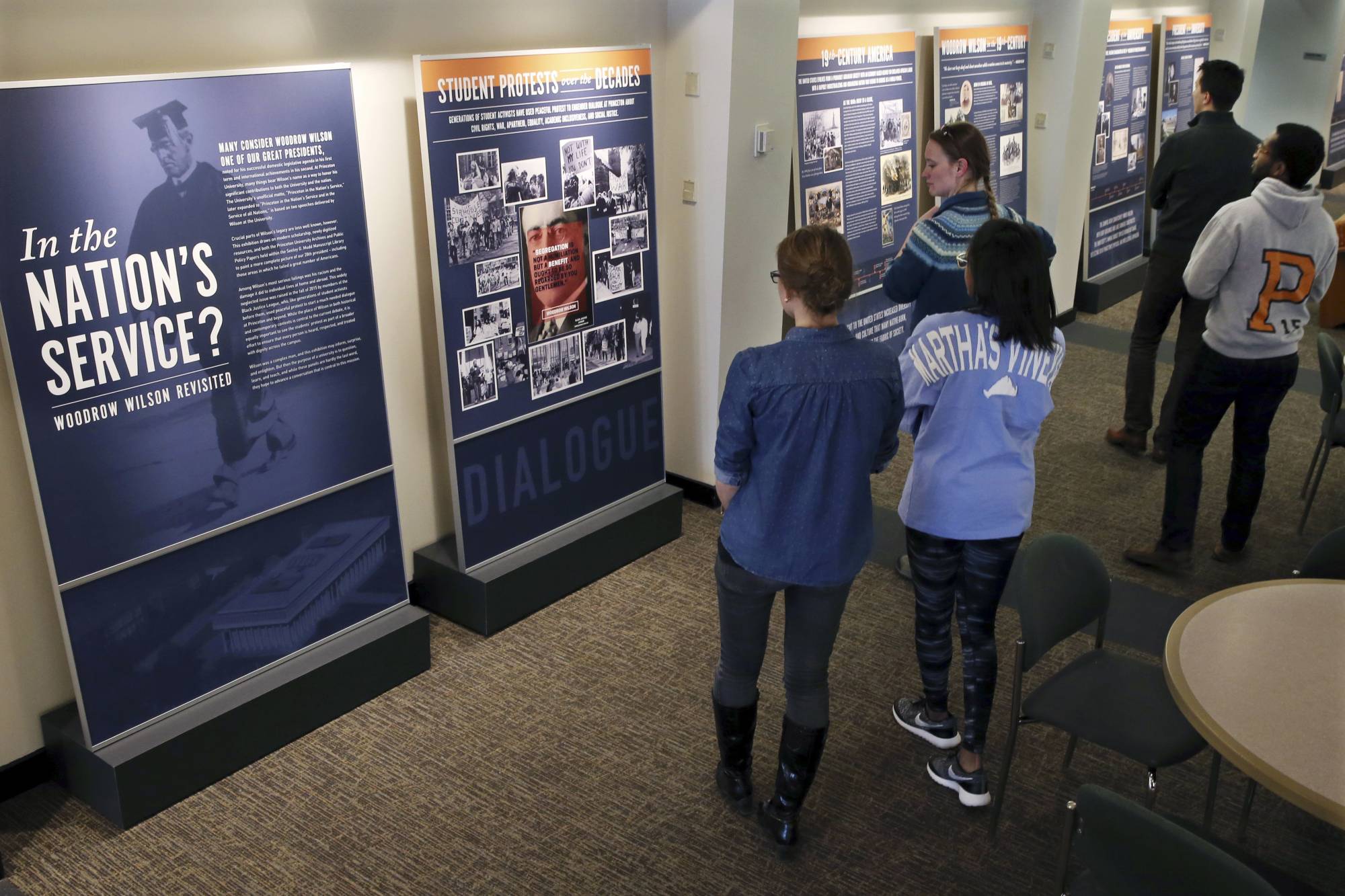I am pretty well educated (three degrees from some fancy schools), well traveled and getting a bit long in the tooth. Still, I was stunned last week by an appalling gap in my education: the odious racism of Woodrow Wilson. For most students of foreign affairs, Wilson was a failed idealist who was unable to get the United States to join the League of Nations, his project for world peace. Despite that failure, he is often ranked among the best of U.S. presidents.
In recent weeks, however, Wilson’s image has been recast. His image as an international visionary, promoter of democracy and equality, is being replaced with that of a stone-cold racist, extreme even for his time. This episode is another reminder of the need to remain engaged with our past, to reckon with it and to strike an appropriate balance between honor and opprobrium that serves us as well today as it does that history. It is never right, nor good, to ignore or discard parts of the past that we do not like or would prefer to forget.
Wilson was the 28th president of the U.S., taking office in 1913 and serving eight years, until 1921. He had previously been president of Princeton University, which he used to launch his political career. He revived the Democratic Party in New Jersey when he was elected governor of that state in 1911. He used that position to win national status and standing and parlayed them into a successful run for the White House in the 1912 presidential election.



